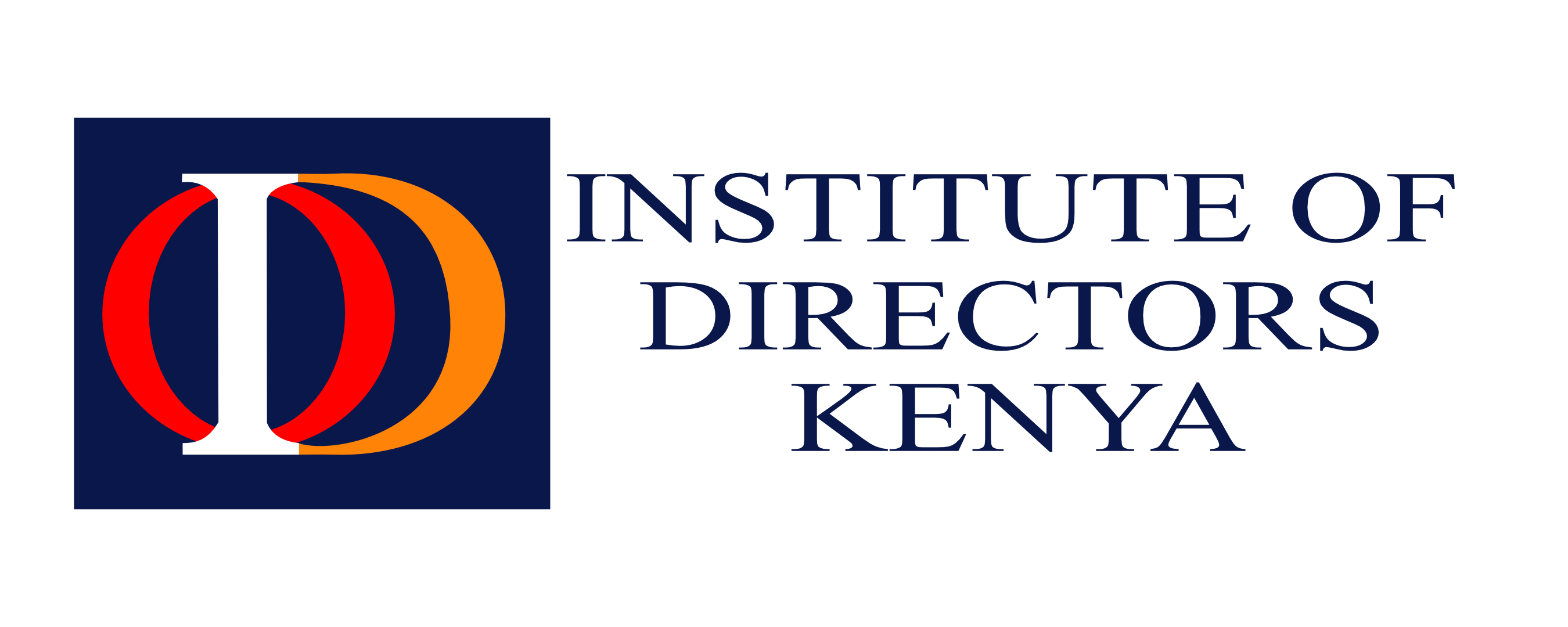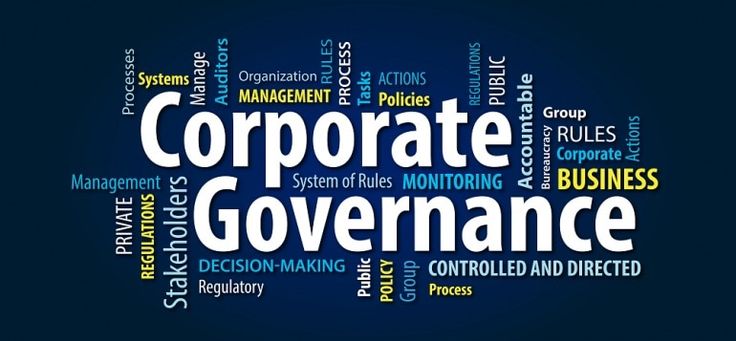Article Content
The boardroom has evolved into one of the most influential spaces in modern business, where strategic decisions shape organizational futures and create lasting impact on stakeholders. For ambitious professionals, the transition to board service represents not just a career milestone but an opportunity to contribute to organizational excellence at the highest level.However, securing your first board appointment—or enhancing your effectiveness as a sitting director—requires more than executive experience. In today's competitive environment, being "board-ready" demands a specific combination of skills, credentials, and strategic positioning.
Understanding the Modern Board Director Role
The traditional view of board service as a ceremonial capstone to a successful executive career has been completely transformed. Today's directors are expected to bring strategic insight without crossing into management, provide independent judgment while supporting executive leadership, challenge assumptions constructively, and commit significant time to board preparation and engagement.The expectations are substantial. Research shows that effective directors spend an average of 200-300 hours annually on board-related activities, including preparation, meetings, committee work, and ongoing education. This is not a passive role—it's an active, demanding commitment that requires specific competencies.
The Five Pillars of Board Readiness
Becoming truly board-ready requires developing capabilities across five critical dimensions:
1. Governance Knowledge and Expertise
Understanding the fundamentals of corporate governance is non-negotiable. This includes comprehensive knowledge of regulatory frameworks (Companies Act, Capital Markets Authority regulations, sector-specific governance codes), fiduciary duties and legal responsibilities of directors, governance best practices and international standards, and the distinction between governance and management roles.Many aspiring directors underestimate the depth of governance knowledge required. Executive experience, while valuable, doesn't automatically translate to governance expertise. Director certification programs provide structured learning that builds this essential foundation.
2. Financial Literacy and Business Acumen
Every director must be able to read and interpret financial statements, understand key financial metrics and indicators, assess business models and value creation strategies, evaluate risk and opportunity trade-offs, and contribute to strategic discussions with financial implications.Even directors who aren't serving on audit committees need sufficient financial literacy to fulfill their oversight responsibilities effectively. This doesn't mean you need to be an accountant, but you must be financially conversant enough to ask the right questions and understand the answers.
3. Strategic Thinking and Industry Knowledge
Boards exist primarily to provide strategic oversight. This requires the ability to think systemically about organizational direction, understand industry dynamics and competitive positioning, identify emerging opportunities and threats, balance short-term performance with long-term sustainability, and contribute fresh perspectives to strategic discussions.Directors who bring deep industry expertise add immediate value, but the best directors combine industry knowledge with the ability to connect dots across sectors and identify lessons from other contexts.
4. Risk Oversight and Crisis Management
In an increasingly volatile world, effective risk oversight has become one of the board's most critical responsibilities. Board-ready directors must understand various risk categories (strategic, operational, financial, reputational, regulatory, cybersecurity), assess management's risk management capabilities, maintain composure and judgment during crises, and balance risk management with appropriate risk-taking for growth.The COVID-19 pandemic demonstrated the importance of boards that can rapidly assess emerging risks and guide organizational responses effectively.
5. Interpersonal Effectiveness and Boardroom Dynamics
Technical competence alone doesn't make for board effectiveness. The best directors also excel at building trust and credibility with fellow directors, contributing constructively to board discussions, providing candid feedback while maintaining collegial relationships, navigating diverse perspectives and potential conflicts, and demonstrating emotional intelligence and self-awareness.Boardroom dynamics can be complex, and directors who understand group processes and interpersonal dynamics contribute more effectively to board functioning.
The Power of Professional Certification
While executive experience provides a foundation, professional director certification has become increasingly important for several reasons:Credibility Signal: Certification demonstrates serious commitment to director professionalism and validates your governance knowledge to nomination committees.Knowledge Foundation: Structured programs ensure comprehensive coverage of governance principles, legal requirements, and best practices that you might not encounter in executive roles.Network Access: Certification programs connect you with fellow directors, creating valuable professional networks that can lead to board opportunities.Competitive Advantage: In competitive board appointment processes, certification can differentiate you from other candidates with similar executive backgrounds.The Chartered Director Program represents the gold standard in director certification, providing comprehensive coverage of governance principles and best practices, recognized credentials that signal professionalism, access to ongoing learning and development, and connection to a community of practice.
Building Your Director Profile
Securing board appointments requires strategic positioning and profile building. Here's how successful directors approach this challenge:
Clarify Your Value Proposition
What unique value do you bring to a board? This might include specialized industry expertise, functional expertise (finance, technology, marketing, operations), transformation or turnaround experience, governance or regulatory expertise, or connections to key stakeholder groups or markets.The clearest value propositions connect specific capabilities to board needs. Rather than claiming to be a "strategic thinker" (everyone does), articulate the specific strategic challenges where your experience is relevant.
Develop Your Director Resume
Your director resume differs significantly from an executive resume. It should emphasize board-relevant competencies and experiences, governance knowledge and credentials, specific value you've created in oversight roles, sector or functional expertise, and relevant board-level accomplishments.Many professionals make the mistake of simply condensing their executive resume. Your director resume should tell a different story—one focused on your ability to provide effective oversight and strategic guidance.
Leverage Professional Networks
Most board appointments happen through professional networks rather than posted positions. Building visibility within director communities is essential through active participation in director networking events, contribution to governance discussions and thought leadership, service on nonprofit or advisory boards as experience builders, and engagement with professional organizations focused on governance.Board placement services can provide valuable introductions and opportunities, but they work best when you've already built strong governance credentials and a clear value proposition.
Demonstrate Governance Commitment
Actions speak louder than claims. Demonstrate your commitment to board service by pursuing director certification and continuing education, staying current with governance trends and best practices, contributing to governance discussions in professional forums, serving on committees or advisory boards, and building financial literacy and governance knowledge.
Navigating the Board Appointment Process
Understanding how board appointments typically happen can help you position yourself effectively:Most appointments follow this pattern: A board identifies a need based on skills gaps, succession planning, or strategic priorities. The board or nomination committee networks within professional circles or engages search firms. Candidates are evaluated based on skills fit, cultural fit, independence, and diversity considerations. Finalist candidates typically meet with the full board before appointment.Your goal is to be visible and credible when boards are conducting these searches. This requires proactive relationship building and credential development before opportunities arise.
Special Considerations for Different Career Stages
Early-Career Professionals
If you're aspiring to board service but early in your career, focus on building functional expertise that boards value, pursuing governance education and credentials early, seeking advisory board or nonprofit board opportunities, developing financial literacy and business acumen, and building relationships with experienced directors who can mentor and eventually sponsor you.
Mid-Career Executives
For mid-career professionals, the focus shifts to transitioning from executive achievement to governance mindset, pursuing formal director certification, identifying your specific board value proposition, building visibility in governance communities, and considering first board opportunities carefully (nonprofit boards can provide valuable experience).
Senior Executives and Retirees
Senior professionals should focus on formalizing governance knowledge through certification (don't rely solely on executive experience), building a director-focused network beyond executive circles, being strategic about board portfolio development, and staying current with emerging governance issues despite no longer being in day-to-day executive roles.
The Role of Continuous Learning
Board service requires ongoing professional development. The governance landscape constantly evolves with new regulations, emerging risks (particularly cybersecurity and climate), technological disruption, and best practices development.Effective directors commit to continuous learning through regular training and development programs, staying informed about sector and governance trends, participating in peer learning opportunities, and formal continuing professional development requirements.Director development programs provide structured opportunities for this ongoing learning, covering topics like board leadership and effectiveness, risk oversight and crisis management, financial oversight and audit committee effectiveness, ESG and sustainability governance, digital transformation and technology oversight, and board evaluation and improvement.
Common Pitfalls to Avoid
As you pursue board readiness, watch out for these common mistakes:Assuming executive experience is sufficient: Governance requires different skills and perspectives than management. Invest in formal governance education.Focusing only on for-profit boards: Nonprofit and advisory board service provides valuable experience and visibility. Don't dismiss these opportunities.Neglecting network building: Most board appointments come through networks. Build relationships before you need them.Being too narrow in your value proposition: While deep expertise is valuable, the ability to contribute across strategic issues makes you more valuable to boards.Failing to demonstrate governance commitment: Boards want directors who take governance seriously. Your actions should demonstrate this commitment.
Taking Action: Your Board Readiness Roadmap
Ready to pursue board service? Here's your action plan:Immediate Steps (Months 1-3):
- Assess your current board readiness across the five pillars
- Identify gaps in governance knowledge or credentials
- Research director certification programs
- Begin networking with experienced directors
- Update your resume and LinkedIn profile to emphasize board-relevant experience
Near-Term Development (Months 3-12):
- Complete a comprehensive director certification program
- Attend governance workshops and conferences
- Seek advisory board or nonprofit board opportunities
- Build relationships within director communities
- Develop your unique board value proposition
Ongoing Activities:
- Participate in regular director development programs
- Stay current with governance trends and best practices
- Actively network within director communities
- Maintain visibility through thought leadership
- Continuously refine your director profile and positioning
The IOD Kenya Advantage
At the Institute of Directors Kenya, we've been developing board-ready directors for nearly two decades. Our comprehensive approach includes:World-Class Certification Programs: Our Chartered Director Program provides internationally recognized credentials that signal your commitment to director professionalism.Specialized Training: From board leadership to risk oversight to financial governance, our targeted workshops build specific competencies that boards value.Professional Networking: Access to over 2,000 directors provides unparalleled networking opportunities and connections to board opportunities.Board Placement Support: Our Director Register connects qualified directors with organizations seeking board talent.Ongoing Development: Regular programs, webinars, and masterclasses ensure you stay current with evolving governance best practices.Global Connections: Through our affiliation with the international network of Institutes of Directors, you gain access to global governance expertise and opportunities.
Your Next Step
Board service represents one of the most rewarding ways to leverage your experience and expertise while making meaningful contributions to organizational success. However, it requires deliberate preparation and strategic positioning.The question isn't whether you have the potential to serve effectively on boards—it's whether you're willing to invest in developing the specific capabilities, credentials, and connections that make for board readiness.Start your journey to board readiness today:
- Explore our Chartered Director Program and other certification opportunities
- Attend a director networking event to connect with experienced board members
- Schedule a consultation to discuss your board readiness development plan
- Join our community of over 2,000 directors committed to governance excellence



